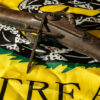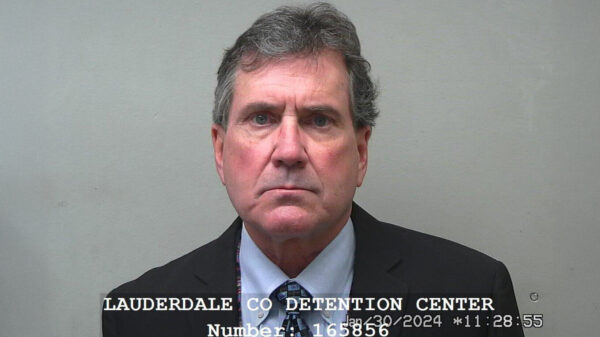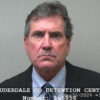By Chip Brownlee
Alabama Political Reporter
Alabama Attorney General Steve Marshall joined a coalition of 22 states that filed an amicus brief with the U.S. Supreme Court Wednesday calling on the court to uphold public prayer led by lawmakers at public meetings.
A federal court ruled in July that prayer led by public officials in North Carolina was unconstitutional in Lund v. Rowan County because a local commission only allowed elected officials, who all happened to be Christian, to lead the prayer.
The American Civil Liberties Union of North Carolina filed a suit against the county on behalf of three non-Christian county residents, who had previously criticized the commissions Christian-only prayers, saying the practice violated the First Amendment’s Establishment Clause. The Establishment Clause’s separation of church and state bars the government from unduly favoring one religion over another.
The case is being appealed to the Supreme Court by Rowan County’s lawyers. The amicus brief Marshall is joining asks the Supreme Court to take up the case.
“Lawmaker-led prayer is woven into the fabric of American society dating back to the founding of our Republic,” Marshall said. “Public prayer is both constitutional and a common practice throughout our country.”
Both chambers of Alabama’s Legislature hold public prayers, though they are largely led by private citizens, who are largely Christian pastors. Some lawmakers occasionally lead the invocation.
“Both of Alabama’s Legislative chambers have allowed members to offer prayers for more than one hundred years,” the 22-state brief reads.
The residents’ lawyers argue that public prayer is coercive and pressures attendees to stand and join in on the prayer so they wouldn’t feel like they were sticking out among other citizens. They believed not standing might affect their perception to elected officials who might later vote on issues like rezoning that would affect them.
The case was filed more than two years ago, since then, non-elected officials have lead public prayers, according to local NPR affiliate WFAE.
In the amicus brief, the 22 state attorneys general write that public prayer is a tradition dating back to the founding of the country and prayer “lends gravity to public business, reminds lawmakers to transcend petty differences in pursuit of a higher purpose, and expresses a common aspiration to a just and peaceful society,” citing a 2014 court decision.
The case is another step in the deep-seated battle over public prayer at government-sponsored meetings and events. There is discord between lower federal courts on the issue. The Fourth Circuit has ruled against lawmaker-led public prayer in a 10-5 decision, but the Sixth Circuit upheld the practice.
“Lawmaker-led prayer is no less part of our constitutional tradition than chaplain- or minister-led prayer,” the AGs’ brief reads.
The Supreme Court will have to decide whether to issue a writ of certiorari and hear the case. Lawyers for the county — and the attorneys general who filed the amicus brief in support of the appeal — argue that the high court needs to clear up the confusion over the issue.
“I share Justice [Antonin] Scalia’s perspective that “to deprive our society of (this) important unifying mechanism … is as senseless in policy as it is unsupported by law,” Marshall said.



















































